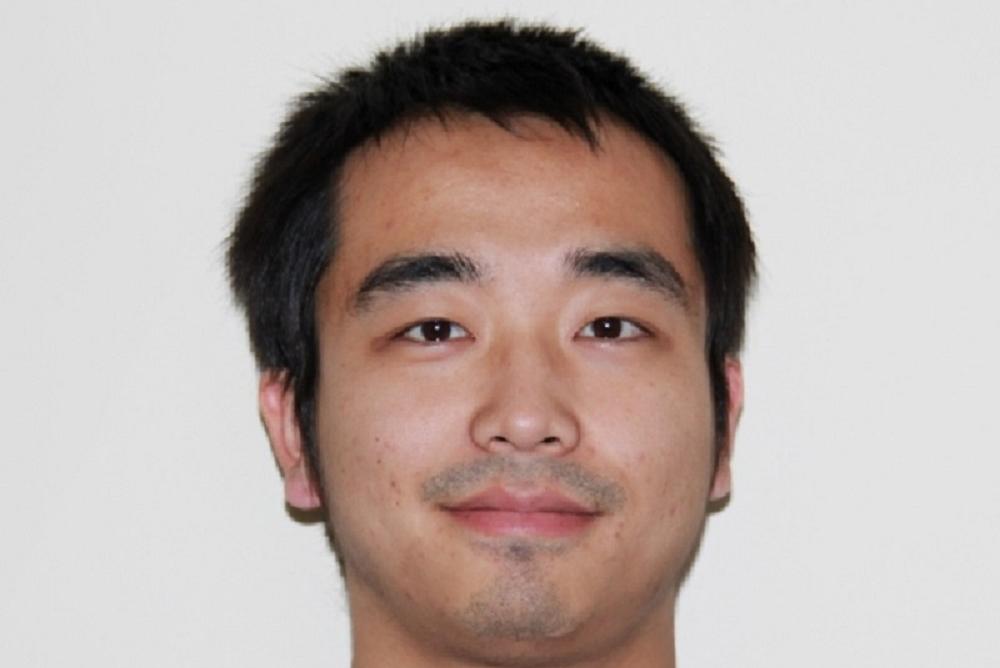A&S Graduate Studies
[PAST EVENT] Zhaoliang Duan, Computer Science - PhD Dissertation Proposal

Abstract:
Global light transport, including diffuse interreflections, caustic, and subsurface scattering, are important to achieve photorealistic rendering, but the computation of rendering these phenomena is very time-consuming. Furthermore, many inverse rendering methods' accuracy in computer graphics and computer vision is significantly affected by global light transport. Therefore, separating direct-global light transport components is necessary to help in designing new rendering methods and in improving the accuracy of these inverse methods. Prior work on separating direct and global light transport from photographs either needs expensive hardware, multiple captures, or loses high-frequency details.
First, we proposed a sparse coding framework for direct-global component separation. We demonstrate our method on a variety of simulation scenes, containing different global light transport phenomena. Our proposed method is more efficient and produces more accurate separation results comparing with other single separation methods. However, this sparse coding method generates noisy results for real acquisitions due to imperfections introduced by the capture system.
We introduce a second data-driven approach using a novel deep learning based method to automatically compensate for spatial artifacts. Our deep learning method achieves high quality on synthetic scenes as well as real acquisitions by inputting only a single image illuminated by a low-cost projector. Furthermore, we resolve the lighting frequency constraints of prior work, yielding more accurate decompositions for lighting frequency sensitive features such as subsurface scattering and specular indirect lighting.
Bio:
Zhaoliang Duan has been working on his Ph.D. degree in the Department of Computer Science at William & Mary since Fall 2013. He is working with Dr. Pieter Peers in the fields of computer graphics and deep learning. Zhaoliang Duan received his M.E. degree from Wuhan University in 2013, and a B.S. degree from Wuhan University in 2011.
